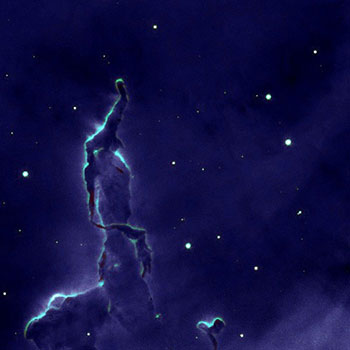The derivative of the given function is determined by using chain rule and applying some differential properties of the function lnx and the product functions.
Let f(x)=lnx and g(x)=(x^2)(e^x)
Then fog(x)=f(g(x))=ln((x^2)(e^x))
Derivative of a composite function
color(red)((fog(x))'=f'(g(x))xxg'(x))
Let us compute f'(g(x)) and g'(x)
f(x)=lnx
f'(x)=1/x
f'(g(x))=1/(g(x))
color(red)(f'(g(x))=1/(x^2e^x))
g(x) is a product of two functions x^2 and e^x
The product rule of differentiation:
color(green)(u'v+v'u)
g'(x)=color(green)((x^2)'e^x+x^2(e^x)')
g'(x)=2xe^x+x^2e^x
color(red)(g'(x)=xe^x(2+x)
color(red)((fog(x))'=f'(g(x))xxg'(x))
(ln(x^2e^x))'=1/(x^2e^x)xxxe^x(2+x)
(ln(x^2e^x))'=(cancel(xe^x)(2+x))/cancel(x^2e^x)
(ln(x^2e^x))'=(2+x)/x
Let us compute the second derivative by applying quotient rule:
(ln(x^2e^x))''
#=((ln(x^2e^x))')'
=((2+x)'xx x-x' xx(x+2))/x^2
=(1xxx-1xx(x+2))/x^2
=(x-x-2)/x^2
=-2/x^2

